Top 10 animal victories of 2024
Top 10 animal victories of 2024
As we ring in the new year, let’s recap 10 ways in which your support has helped IFAW save and protect animals in 2024. Thanks to you, we’ve helped rescue more than 5,000 animals from floods in Brazil, save over 100 dolphins in the largest mass stranding in US history, help 200 animals in the wake of hurricanes Helene and Milton, and safely evacuate seven big cats from Ukraine to safe homes—and support so much more work around the world to preserve biodiversity, engage communities in conservation, and advocate for wildlife around the world.
We saw so many incredible wins for animals in 2024. We asked our supporters what their favourite rescue story was from this year, and the winner is...Yuna the lioness! Here are Yuna's and just nine more of this year's animal victories, made possible by IFAW’s dedicated team and supporters like you.
1. Evacuating Yuna the lioness
First found by volunteers in the Kyiv region in February 2023, Yuna the lioness has undergone quite the journey to her forever home. After being rescued from a small enclosure where she was likely kept for illegal breeding, Yuna stayed at Wild Animal Rescue in Kyiv, where she received care and veterinary treatment.
Due to her long stay on cold concrete, Yuna suffered serious wounds, and she was so overweight and injured that she couldn’t stand. She gradually regained her health, but in January 2024, she suffered a concussion due to acoustic trauma from a missile attack.
Fortunately, Yuna made a full recovery, and in August, she was able to be evacuated to her new home—The Big Cat Sanctuary in the UK. After acclimating to her surroundings, she ventured outside and felt grass beneath her paws for the first time. Thanks to you, Yuna and seven other big cats have successfully reached safe new homes.
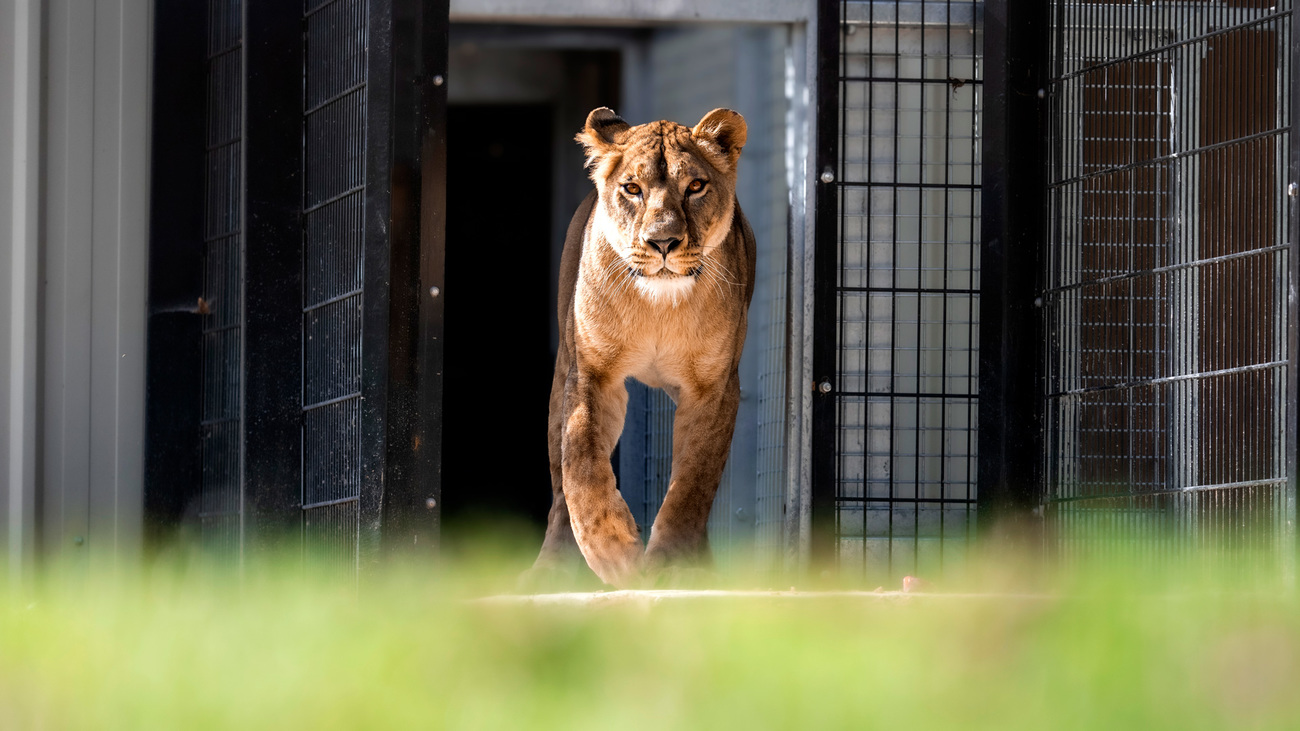
2. Responding to the largest mass dolphin stranding in US history
In June, IFAW saved 146 dolphins on Cape Cod, Massachusetts, in the largest mass stranding the US has ever seen.
Nine of these dolphins were extracted and transported in IFAW’s mobile dolphin rescue clinic to their release sites. The response required tremendous effort from our staff, partners, and volunteers, and it exhausted our supplies. With the approximately 70% survival rate, we consider it a great success.
We’re committed to rescuing even more—this year, our marine mammal rescue team completed 342 total live dolphin rescues, which is nearly five times our annual average!
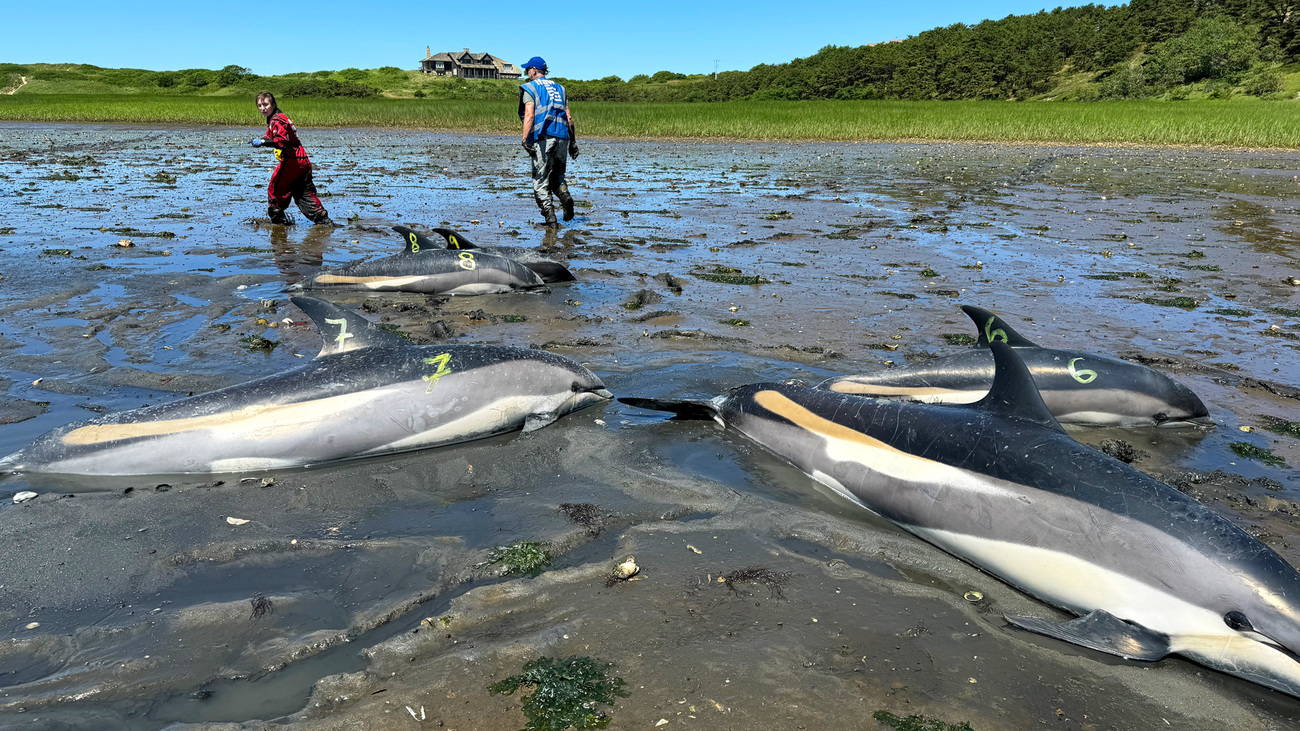
3. Saving Papum the orphaned bear cub
In April, Papum the Asiatic black bear was found in India’s Papum Pare district. Orphaned at just one month old, Papum needed round-the-clock, specialised care. He likely lost his mother to poaching.
Fortunately, the IFAW–Wildlife Trust of India (WTI) team stepped up to help. Upon arrival, Papum was severely dehydrated, but thanks to the care the team at the Centre for Bear Rehabilitation and Conservation (CBRC) provided, he gained weight and strength.
In September, Papum was moved to a soft release site with another cub, where they will acclimate to the forest before their final release. The bears will be fitted with radio transmitters to monitor their progress in the wild.
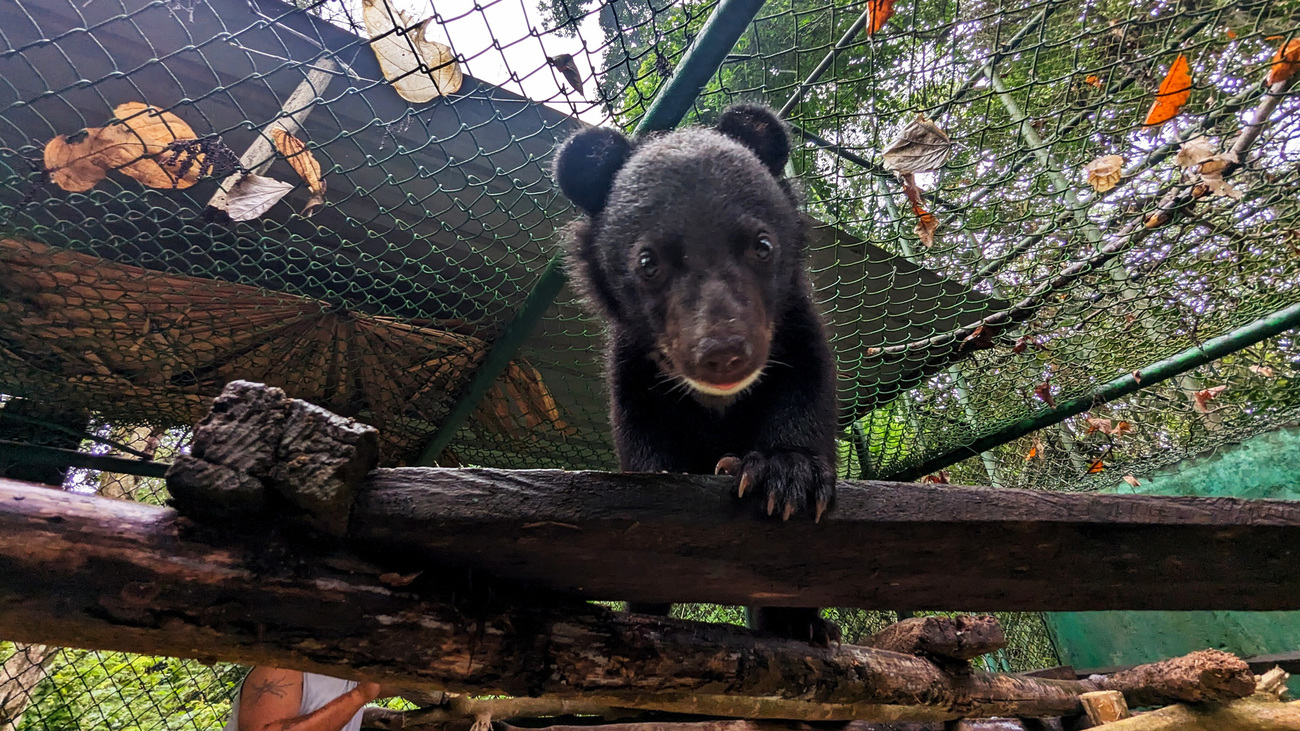
4. Rescuing more than 5,000 animals from floods in Brazil
This spring, floods devastated Rio Grande do Sul, Brazil, impacting hundreds of thousands of people, wildlife, and domestic animals. IFAW supported our partners Tamanduás Institute and the Pantanal Technical Animal Rescue Group (GRETAP) in response efforts.
In total, GRETAP rescued and cared for over 5,000 affected animals, both domestic and wild, supported by members of Tamanduás Institute. At IFAW, we believe that every individual animal matters. In this case, 5,000 is an incredibly significant number for the preservation of this region’s incredible biodiversity. This is why rescue and conservation are inherently linked.
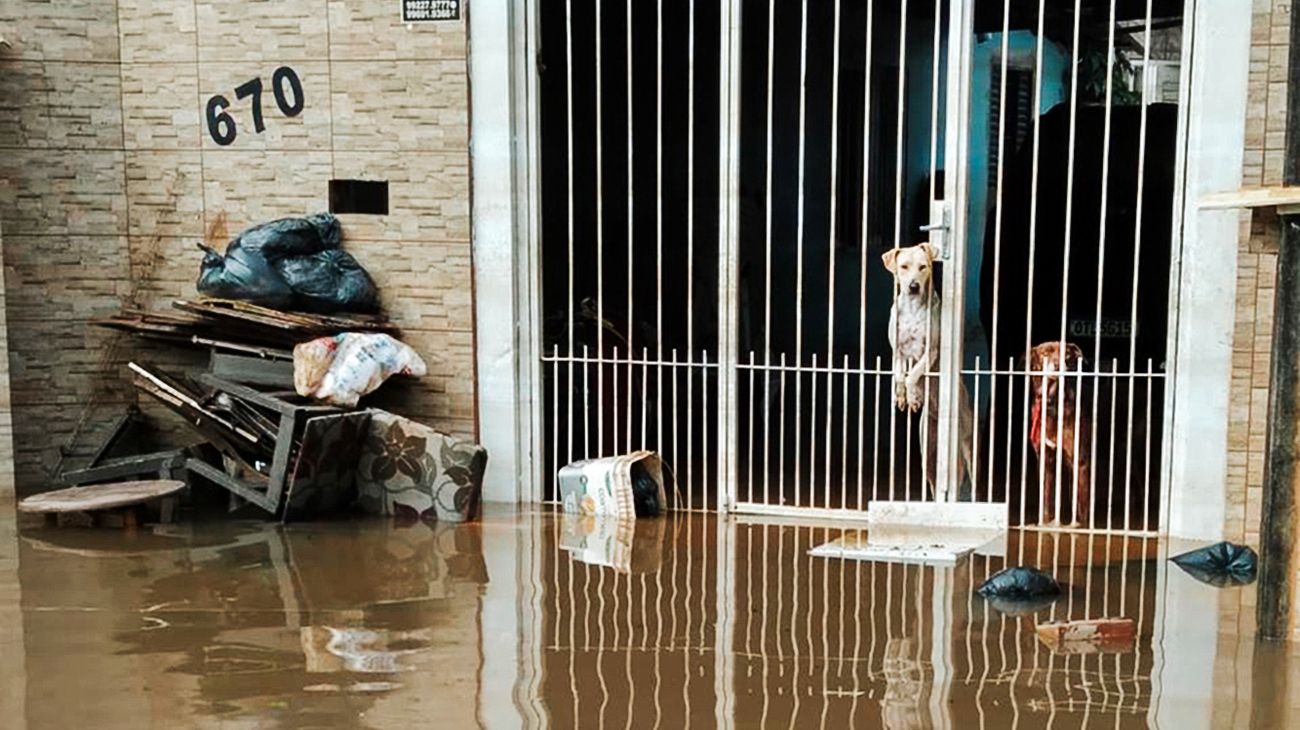
5. Human-elephant conflicts reduced by 90% in Tsavo region
A project led by IFAW in partnership with USAID, implemented by Tsavo Trust, has reduced incidents of human-elephant conflict in the communities on the border of Tsavo National Park in Kenya by nearly 90%. This brings hope and security to about 7,000 food-insecure and marginalised small-scale farmers, who are often impacted by crop raids from elephants who lack adequate space and food sources. The core of the project is a 33-kilometre, solar-powered elephant exclusion fence, which keeps people and wildlife separated.
This initiative also brings hope to elephants, who often fall victim to retaliatory killings when they wander too close to human communities. Human-wildlife conflict is one of the biggest threats to the African savannah elephant species. This reduction marks a major step toward animals and people thriving together in an area where conflict has been a significant issue.
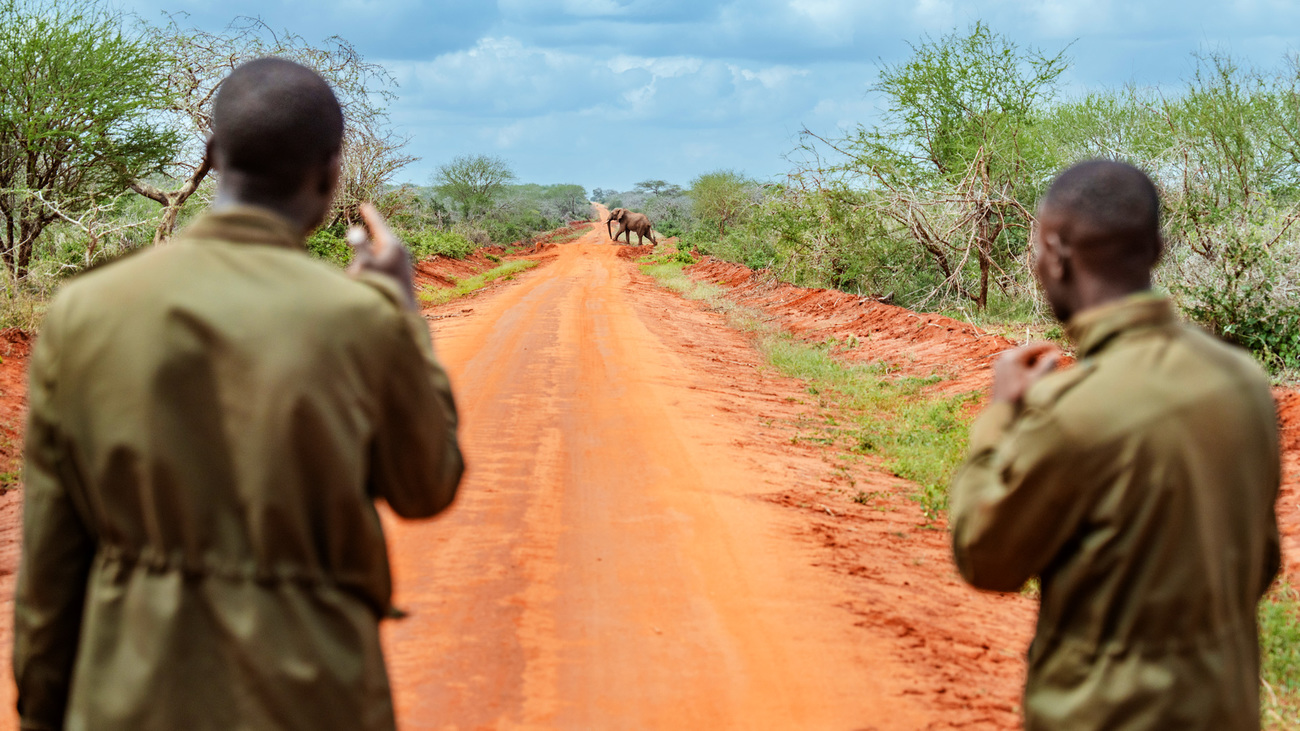
6. Orphaned elephant calves find new families
The Wild Is Life Zimbabwe Elephant Nursery (WIL–ZEN) team has rescued several new elephant calves this year, bringing them to the safety of our nurseries in Harare and Panda Masuie, Zimbabwe. Many of these calves have lost their mothers or been separated from their herds due to poaching, human-wildlife conflict, or drought. Often, they are found dehydrated, hungry, and traumatised. But the incredible work of the WIL team—and the other elephants who take them under their wings—are giving them the care and companionship they desperately need.
One calf is Murphy, who is struggling a bit more than the others to recover. But he has bonded with a young matriarch, Moyo, who is taking on the role of Murphy’s adoptive mother. The young calf never moves more than a few metres from her, and he’s slowly adjusting to his new surroundings.
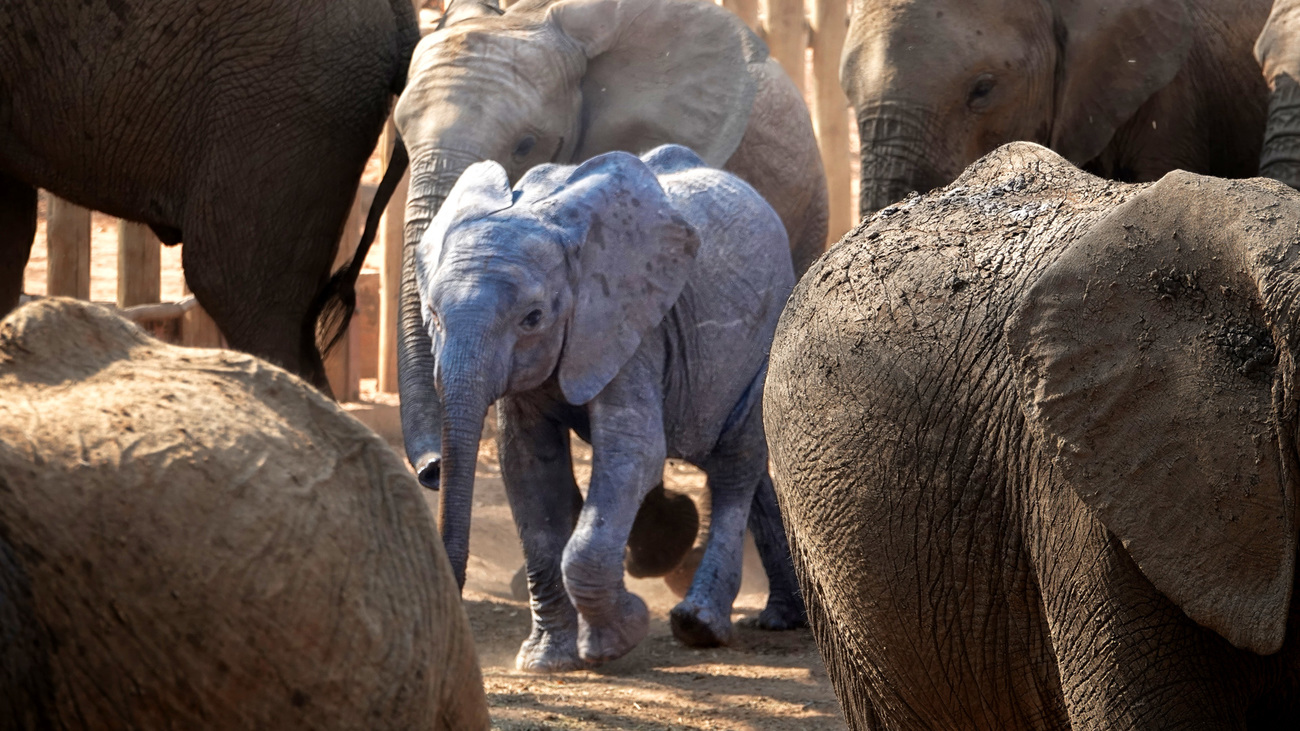
7. Rhino and elephant calves saved from floods in India
In July, severe floodwaters in Assam, India, trapped unsuspecting wildlife, including two young rhinos and two young elephants, which were rescued by the IFAW–WTI Centre for Wildlife Rehabilitation and Conservation (CWRC) team. The floods occurred in Kaziranga National Park, an important wildlife reserve and home to the world’s largest population of greater one-horned rhinos (also known as Indian rhinos).
The rescue of these rhinos marks an important step towards protecting the Indian rhino population and saving the species from extinction. Every animal matters—saving even one young rhino or elephant is one way of helping to save the planet.
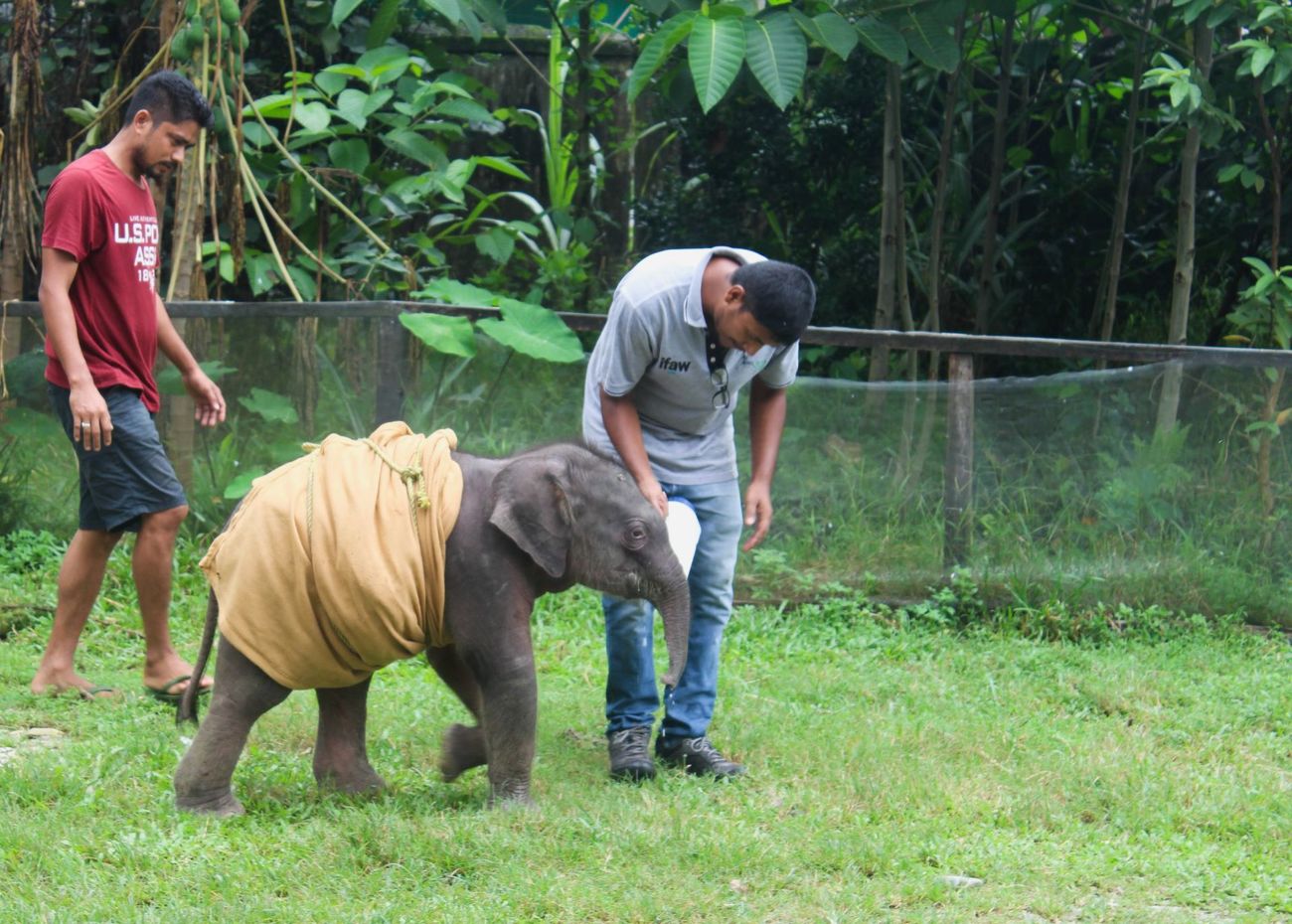
8. Supporting animal rescue in Lebanon
In Lebanon this year, IFAW has provided support to a number of our partners who are helping animals impacted by conflict. Our emergency grants to Animals Lebanon enabled them to provide veterinary care, set up temporary boarding, and help owners evacuate with their pets and supplies. Our long-time partners at the Lebanese Association for Migratory Birds (LAMB) rescue birds and other wild animals, provide shelter, and respond to wildlife crime incidents.
We are also supporting Give Me A Paw, a dog shelter currently caring for numerous affected cats and dogs. In collaboration with LAMB and Parrot Rescue Lebanon, Give Me A Paw is undertook a joint rescue effort to save cats, dogs, monkeys, birds, tortoises, and rabbits that had become trapped inside a cafe. Give Me A Paw has provided safe shelter and care for the cats and dogs, while the other animals are in the care of LAMB and Parrot Rescue Lebanon.
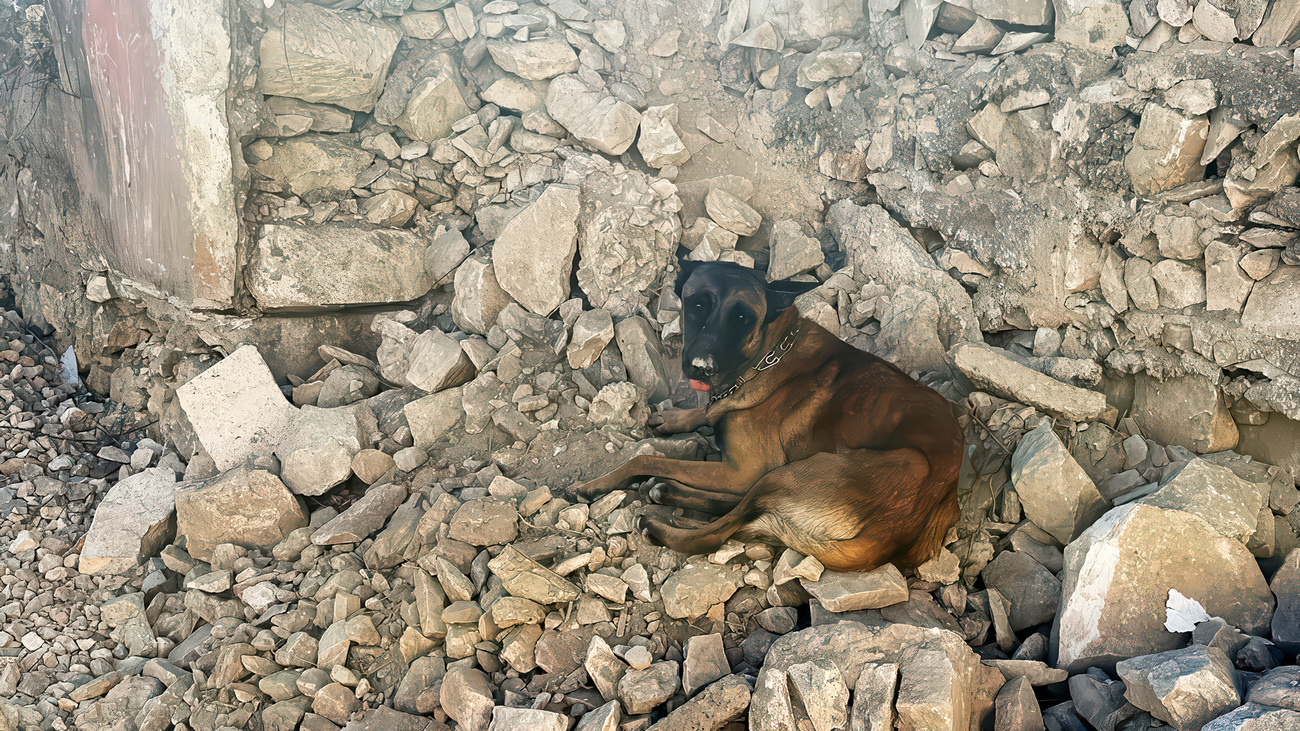
9. Canada ends use of strychnine to kill wolves, bears, and coyotes
This March, Canada announced it would ban the use of strychnine, a poison once authorised to kill wolves, bears, and coyotes. The decision came as a welcome surprise and is at least in part thanks to IFAW’s supporters, who have signed petitions and sent letters to the Canadian government over the years, voicing their opposition to the use of this chemical.
Strychnine not only harms targeted predators like bears and wolves, but it also harms other wildlife and even pets. It causes any animal that consumes it to die slow, painful deaths. IFAW applauds the Canadian government’s decision to ban this inhumane method of controlling wild animal populations.
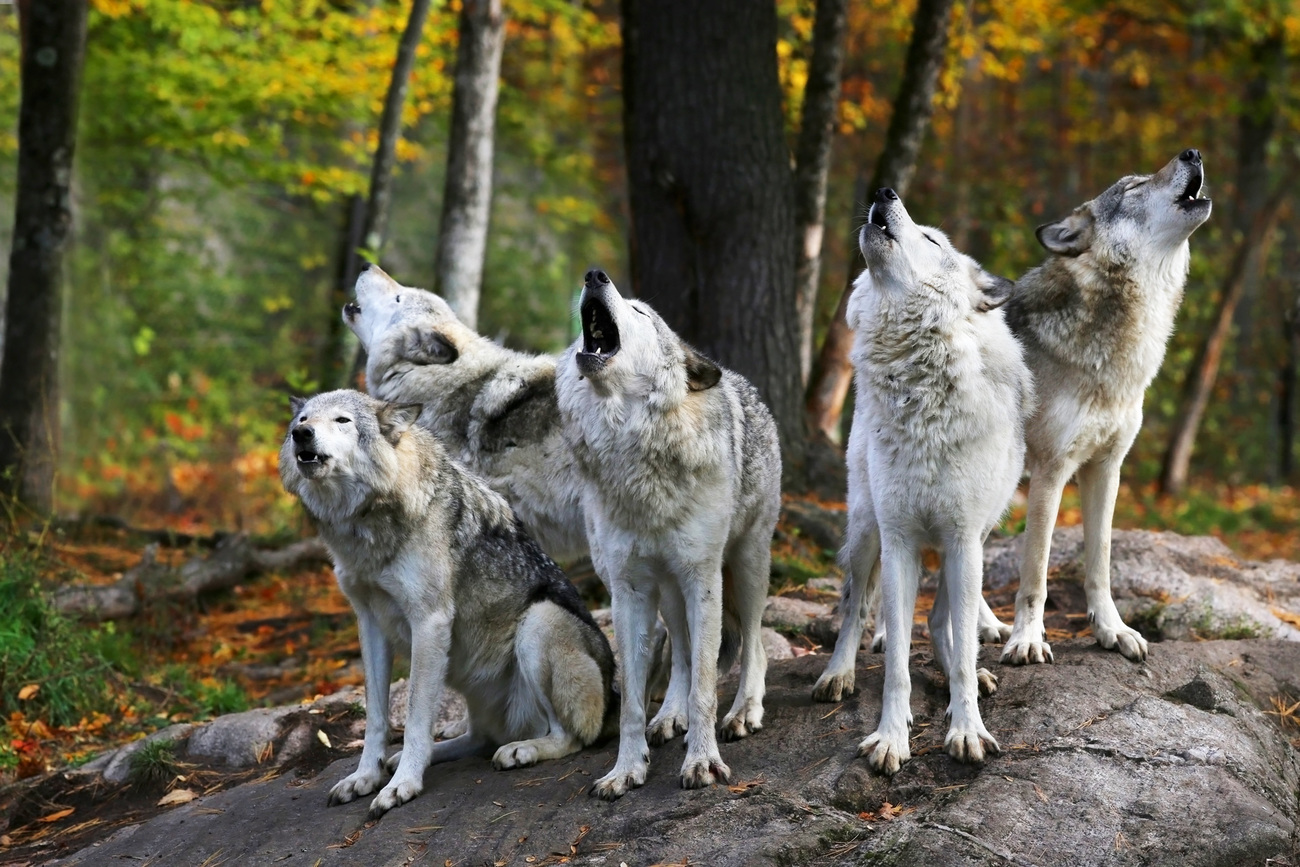
10. Shipping companies change course to protect marine life
Marine animals around the world are seriously threatened by shipping activity—the noise pollution it causes and the risk of vessel strikes are of particular concern for whales. So, IFAW is working to move shipping routes away from major whale breeding and feeding grounds, including in the Mediterranean Sea. In August, the first Greek shipping company agreed to redirect its ships to help the eastern Mediterranean sperm whale population. In total, 10 companies have now committed to change their shipping routes or lower speeds to reduce collision risk with these endangered whales in Greece.
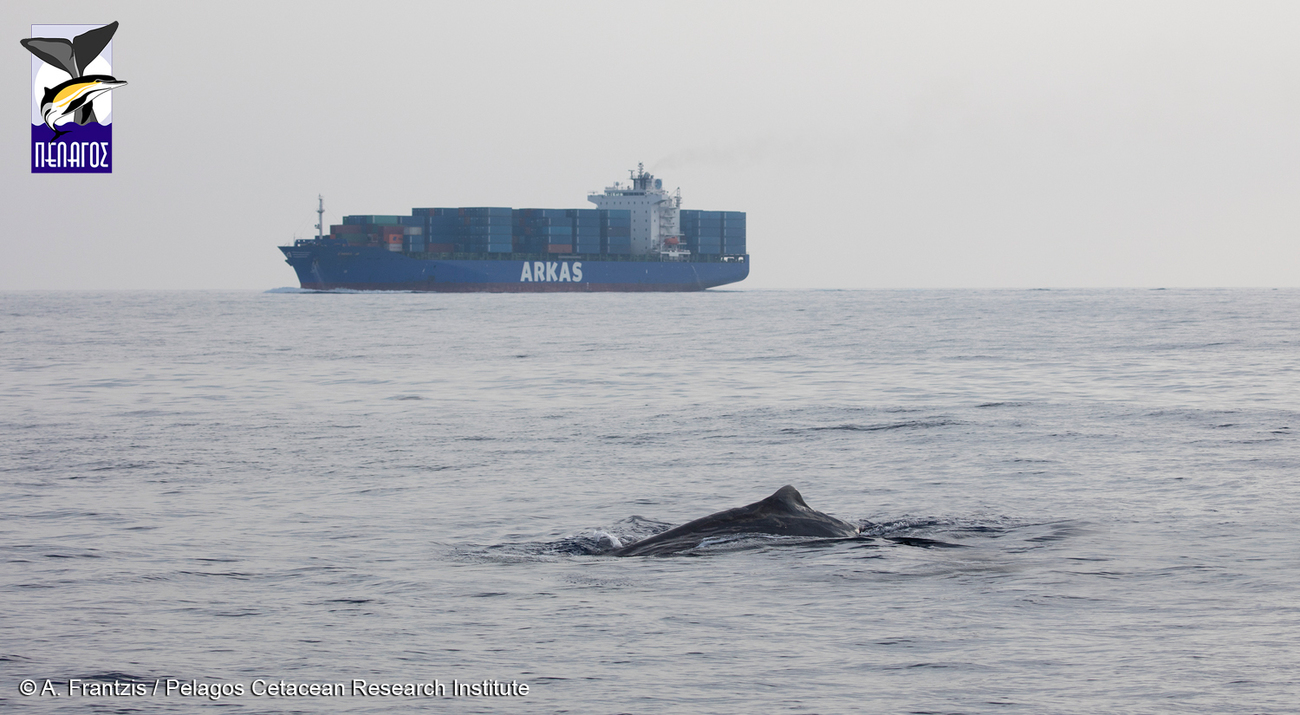
These major wins for animals are only possible thanks to supporters like you. Stay tuned for more great news in 2025, and learn how you can get involved to help us save wildlife and protect their habitats around the world.
Related content
Every problem has a solution, every solution needs support.
The problems we face are urgent, complicated, and resistant to change. Real solutions demand creativity, hard work, and involvement from people like you.